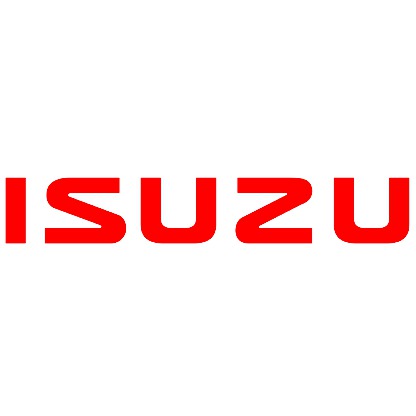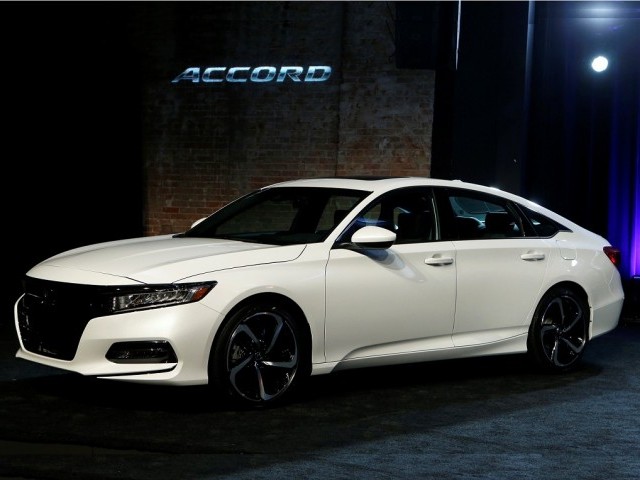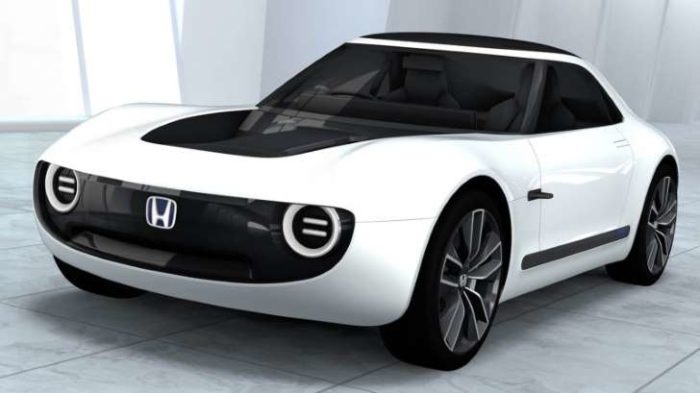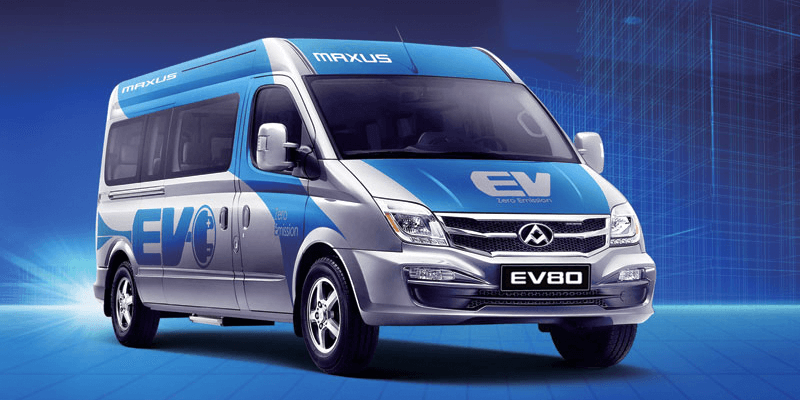Now Reading: Honda, Isuzu enhance fuel cell partnership for heavy-duty trucks
-
01
Honda, Isuzu enhance fuel cell partnership for heavy-duty trucks
Honda, Isuzu enhance fuel cell partnership for heavy-duty trucks

Japan’s Honda Motor and Isuzu Motors on Wednesday stated they would jointly research the make use of the hydrogen fuel cells to power heavy-duty trucks, in order to expand fuel cell use by applying the zero-emission technology to larger automobiles.
As part of a two-year deal, Isuzu is going to test Honda’s fuel cell powertrain, which was designed for passenger cars, in Isuzu’s commercial trucks, the companies stated, which could pave the way for using the technology in a wider range of automobiles.
Automakers are looking to make more electric vehicles (EVs) to adhere to the tightening of global emissions regulations.
Many view battery-powered EVs as a solution for passenger cars in urban settings, but a rising number view hydrogen fuel cells as an effective way to power trucks, buses, and other big automobiles.
“Although we have done extensive R&D into passenger FCVs (fuel cell vehicles), we have not been able to research how best to apply the technology to commercial vehicles,” a Honda spokesman informed reporters at a briefing.
“This partnership will permit us to do that.”
Fuel cell vehicles generate their own electricity by making use of hydrogen stored in onboard tanks.
This allows them to travel longer distances and refuel much sooner than battery EVs, while using less expensive energy storage systems.
“We think that FCV technology is well suited for heavier trucks which travel longer distances, and this partnership will allow us to examine this further,” an Isuzu spokeswoman stated, adding that the truck maker was also making different lower-carbon powertrains consisting of battery-electric technology for shorter-distance vehicles.
With its Clarity Fuel Cell sedan, Honda is among some of those automakers that have developed and marketed fuel cell-powered passenger vehicles.
Light- and medium-sized truck expert Isuzu has for years has concentrated on diesel engine technology and has yet to market vehicles that are fully electric.
But a price tag starting from around $70,000 for the Clarity and scant hydrogen fuelling infrastructure worldwide, Honda has observed limited take-up of that model and other FCVs since they started marketing them around 2015.
In 2018 Honda sold only 654 Clarity FCVs, which are available solely in Japan and the United States through leasing programs, compared with Honda’s overall yearly global sales of 5.23 million cars.
The partnership is recent in a rising trend among vehicle makers joining forces to better rival in an industry upended by the increase of electric vehicles, self-driving cars, and other new technologies.
Stay Informed With the Latest & Most Important News
Previous Post
Next Post
-
 01Polestar Boss Says It’s Time To Outrun BMW M And Mercedes-AMG
01Polestar Boss Says It’s Time To Outrun BMW M And Mercedes-AMG -
 02Spy Shots: 2027 Mitsubishi Pajero Spotted in Testing Ahead of Possible U.S. Return
02Spy Shots: 2027 Mitsubishi Pajero Spotted in Testing Ahead of Possible U.S. Return -
 032026 Toyota Hilux EV: A Powerful Truck with Silent Torque
032026 Toyota Hilux EV: A Powerful Truck with Silent Torque -
![2027 Mercedes-Benz S-Class Debuts with V8 Engine [Photo Gallery]](https://speedlux.com/wp-content/uploads/2026/01/2027-Mercedes-Benz-S-Class-33-155x125.jpg) 042027 Mercedes-Benz S-Class Debuts with V8 Engine [Photo Gallery]
042027 Mercedes-Benz S-Class Debuts with V8 Engine [Photo Gallery] -
 052026 Corvette ZR1 Production Surges Past Expectations as Output Clears 1,000 Units
052026 Corvette ZR1 Production Surges Past Expectations as Output Clears 1,000 Units -
 06Spy Photos: VW ID. Polo GTI Goes Electric with 223 HP and 280 Miles of Range
06Spy Photos: VW ID. Polo GTI Goes Electric with 223 HP and 280 Miles of Range -
 07Hyundai Palisade’s Breakout Year Shows How Quickly the Market Can Turn
07Hyundai Palisade’s Breakout Year Shows How Quickly the Market Can Turn



![2027 Mercedes-Benz S-Class Debuts with V8 Engine [Photo Gallery]](https://speedlux.com/wp-content/uploads/2026/01/2027-Mercedes-Benz-S-Class-33-700x394.jpg)












































